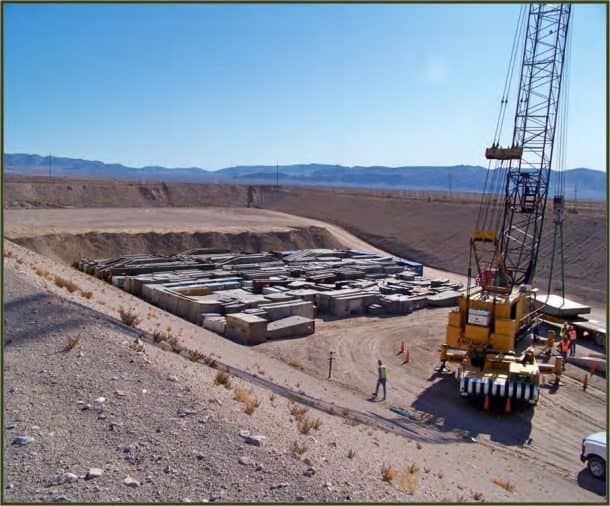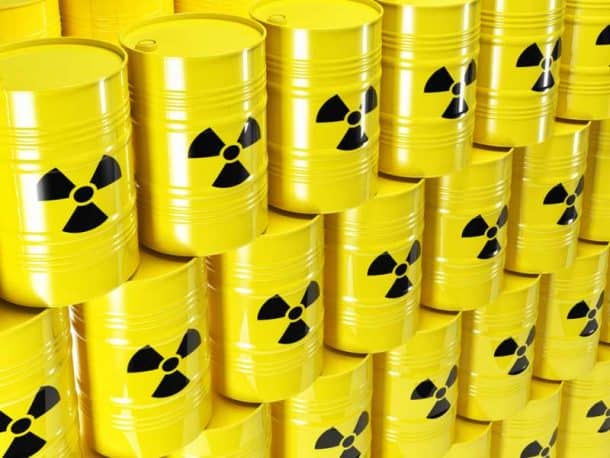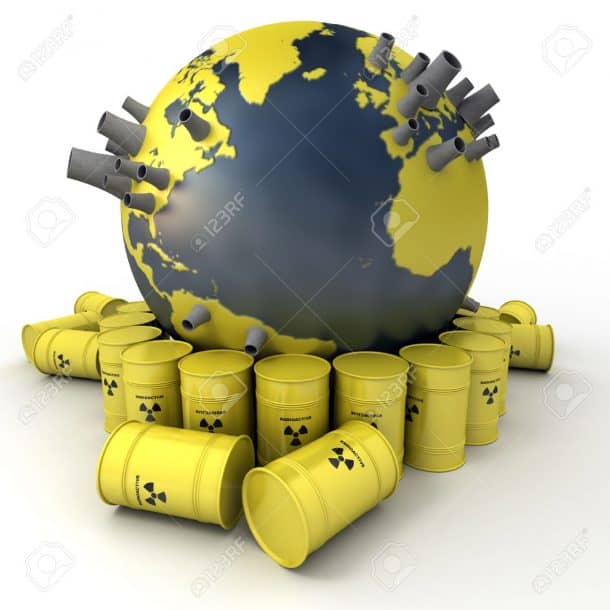Nuclear technology has brought technicalities and ethical cum practical problems never heard of in the olden days. And terrible accidents like Chernobyl (1986) and Fukushina Daiichi (2011) have done no favours in making matters any better!

By now everyone is fully aware that this technology is an incredible hazard for our world, and besides having the capability to decimate the civilisation as we know it, it can also mutate and harm us by its radioactive waste. Safely depositing and neutralising the waste is one of the biggest problems of our day, and scientists and engineers across the globe have been working tirelessly to suggest solutions to tackle the crisis.

One such suggestion contemplates on sending the waste to the Sun. It does sustain its power off nuclear reactions and has been sending radioactive radiations towards our way for million of years. So why not do this? Well, today we will elaborate on just why this isn’t possible and why shooting radioactive waste into the Sun is possibly more damaging and dangerous than keeping it on the Earth.
The omnipresent nuclear radiation is formed when an unstable atomic nucleus fails to contain its nucleus due to the lack of binding energy, which results in the electron(s) jumping to a higher orbit and expel energy in the form of radiation. These unstable orbits are the major source of the radiation experienced on earth, and some elements decay purely due to the unstable nucleus.
In other cases, highly reactive nuclei throw out neutrons or protons at ultra fast velocities, which results in the nuclear expulsion of alpha or beta particles. And since the protons or neutrons have more energy than the electrons can maintain, they cause disintegration of the radioactive nuclear decay.
The main problem in the prospect of sending radioactive material is the lack of practicality in the logistics of the mission. The mission is far too difficult to be performed and solely executed by the humans. And sending this on a rocket requires extremely complicated and expensive equipment. Currently, our rocket technology is far from advanced enough to reach the sun scotch free. And notice the word scotch free, as the rocket is not a mere amalgamation of wires and buttons, but now has containers of nuclear waste, which in the case of any mishap or miscalculation could spell certain doom.

For example, if the rocket blows up in orbit or crash back down to the earth, we would have contaminated space debris crashing down on us. And if the rocket “blew up” while launching, like in the infamous SpaceX’s case, emergency response teams would have no way to isolate the radiation. The radiation would quickly spread around the globe, and we don’t need to spell out what happens next.
Have other theories or questions on ways of disposing of nuclear waste? Comment below!



sun runs on fussion rxn while radioactive substance run on fission reaction which may emit gama-ray too.
which may come to earth and earth magnetic field cant resist it due to its high energy…..
why can’t we dump it on active volcano?
Because it will stay radioactive, thermal energy will not inhibit the fission. Additionaly the great heat will cause the waste to become a (radioactive) gas. Later this could condense to ultra-fine dust. This could later penetrate lungs of living beeings or become an additive of aggricultural products. So, because the dust would be spread intercontinentally, many people and live-forms would be likely affected, regarding in cancer, radiation-sickness and possible an early dead.